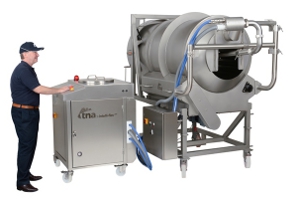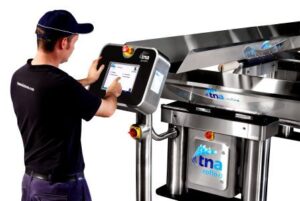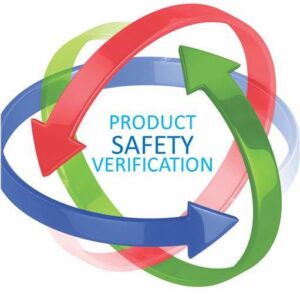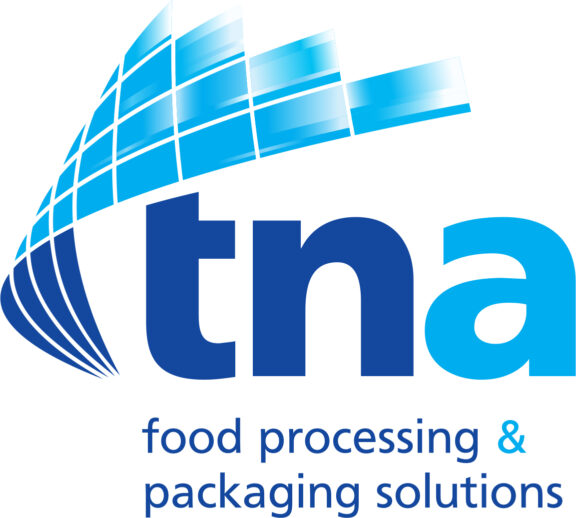Environmental attitudes: 3 ways changing consumer perceptions are shaping packaging strategies
environment | 6 mins read
October 28, 2021
 Over the past 18 months, it’s been tempting to see every consumer trend through the lens of COVID-19. At this point, food industry players are well aware of the seismic shifts brought about by the pandemic. Perhaps less well-known though are the effects of growing environmental concern on purchasing preferences. An issue that has been simmering close to the surface for years, sustainability and ethics can officially be classed as a ‘mega trend’ that is exerting a profound influence on consumer behaviour – especially when it comes to food products.1 Shoppers are more aware than ever of the need to reduce food waste, choose sustainably-sourced products, and make more informed decisions about which brands they choose to support.2
Over the past 18 months, it’s been tempting to see every consumer trend through the lens of COVID-19. At this point, food industry players are well aware of the seismic shifts brought about by the pandemic. Perhaps less well-known though are the effects of growing environmental concern on purchasing preferences. An issue that has been simmering close to the surface for years, sustainability and ethics can officially be classed as a ‘mega trend’ that is exerting a profound influence on consumer behaviour – especially when it comes to food products.1 Shoppers are more aware than ever of the need to reduce food waste, choose sustainably-sourced products, and make more informed decisions about which brands they choose to support.2
But while sustainability is a crucial consideration for consumers, it’s also a complex one. In the current climate, food safety and hygiene remain top of mind for many, as do nutritional value and health.3 With so many brands now claiming green credentials, companies must overcome an element of consumer scepticism surrounding sustainability claims too, ensuring they back up any promises with hard data.4 To stay ahead of the curve, food producers must remain up to date with the latest shifts in consumer perceptions regarding environmental responsibility and ethics. Armed with the latest insights, they can effectively tailor their packaging strategy to address the needs of the moment and boost sales.
Read on to discover the top 3 ways sustainability is shaping consumer demand, and how brands can harness these attitudes to keep shoppers coming back for more.
1. Sustainability & safety
While environmental responsibility is a growing concern, hygiene and safety are still king for today’s consumer. According to a recent survey by GlobalData, ‘comfort and safety’ are consistently ranked as having the greatest influence on shoppers’ buying practices5, with 57% stating a product’s trustworthiness usually factors into their decision to buy, versus 42% who cite ethical and environmental responsibility as a key purchase driver.6 Add to this the 51% of people who state that ‘tamper proof’ packaging has become more important to them as a result of the pandemic7, and it appears that producers should prioritise consumer need for security over their desire to shop sustainably.
Lowering the environmental impact of products can help brands provide that all important sense of security consumers increasingly demand. Research shows that shoppers are more likely to trust products that are fully traceable and ethically-sourced8, as these options tend to offer complete transparency about the products’ ingredients, processing methods and sourcing. As a result, manufacturers can address two consumer demands in one by focusing on improving traceability along their supply chains and processing lines.
The latest smart integration and controls technology offers brands the opportunity to improve the traceability of their entire operation, simply and effectively. Data collection equipment like barcode scanning systems can verify that the correct batch is being processed at any given time, while date code assurance solutions ensure date codes are always printed complete and legible. Meanwhile, in-line monitoring systems, such as metal detection and x-ray equipment, can also be used to ensure any foreign contaminants are identified and removed from the product prior to packaging. With such advanced systems, manufacturers can rest assured their products live up to consumers’ exacting standards.
2. The health halo
If food safety ranks first, then health and wellbeing come second in terms of consumer priorities. Like concerns regarding food security, the pandemic has also transformed shoppers’ approach to wellness. Many consumers are not looking for ‘quick fix’ diets, but instead seeking to adopt a healthier, holistically-minded lifestyle that benefits the mind as much as it nourishes the body.9 This appears to conflict with the sustainability trend, as it ranks higher in consumers’ list of key purchasing drivers.10 Although, the two trends actually dove-tail. Figures from GlobalData show, consumers perceive eco-friendly products as fresher and healthier than their more conventional counterparts – dubbing this phenomenon the ‘health halo’ effect.11
The area where this trend can be witnessed most clearly is the continued rise of plant-based alternatives. Fuelled by an ever-growing body of scientific research, over half of consumers state improved health outcomes as the main reason they consume plant-based products. At the same time, close to a third cite animal welfare and sustainability as their top concerns.12
By choosing efficient and flexible processing and packaging solutions, food manufacturers can quickly optimise their operations for plant-based alternatives, while improving the sustainability credentials of their lines to ensure products benefit from the glow of the health halo.
3. The proof is in the packaging
Shoppers are becoming increasingly cynical about brands’ motivations, with many feeling that eco-friendly product claims are more of a marketing gimmick than a sincere move to protect the planet.13 As the data shows, consumers clearly care about making more ethical food choices. But the growing distrust around brands’ sustainable credentials, combined with a feeling of helplessness, is leading some individuals to question what difference their choices really make.14 Leveraging smart processing and packaging technologies, such as internet-enabled operating systems and intuitive energy saving modes, can help producers allay consumer doubts with concrete data on sourcing, energy usage, processing time and product waste.
As many shoppers conduct research into companies’ environmental credentials online, brands can also benefit from creating FAQs or blogs to make clear that supporting their brand is a truly sustainable choice.15 Indeed, with 33% of consumers stating they want to receive updates on brands’ sustainability efforts16, proactive communication is a simple way producers can show their willingness to put their money where their mouth is when it comes to safeguarding the planet.
Sustainability starts with smart packaging solutions
Unlike other trends, environmental awareness is unlikely to fade when fashions change. Producers need an experienced equipment solutions partner that can provide the cutting-edge technologies required to address evolving challenges and tailored advice to help them get the most out of each line component – for years to come. With four decades of experience supporting global food producers, tna solutions offers the flexible, high-performance processing and packaging equipment brands need to optimise efficiencies, along with a commitment to continuous improvement that keeps us asking, ‘how can we do more to protect our planet?’
Learn more about how tna’s latest evolutionary packaging solutions can help you achieve your sustainability goals here.
1GlobalData, TrendSights Analysis 2021: Sustainability & Ethics, May 2021, p.2,13
2Ibid, p.7, 9
3Ibid, p.10, 21
4Ibid, p.9
5Ibid, p.10
6Ibid, p.10
7Ibid, p.21
8Ibid, p.9
9Food Navigator USA, Diet is no longer about preparing for swimsuit season, it is a tool for well-being to achieve broader goals of feeling healthy and high functioning. May 2021, https://www.foodnavigator-usa.com/Article/2021/05/27/Diet-is-no-longer-about-preparing-for-swimsuit-season-it-is-a-tool-for-well-being-to-achieve-broader-goals-of-feeling-healthy-and-high-functioning
10Ibid, p.10
11Ibid, p.9
12Ibid, p.22
13Ibid, p.9
14Ibid, p.9
15Ibid, p.38
16Ibid, p.38


























